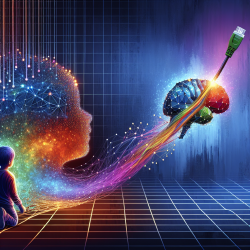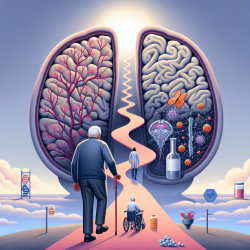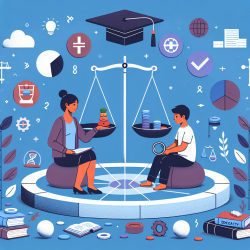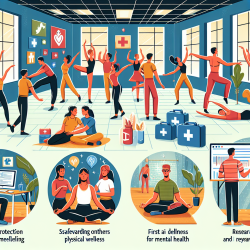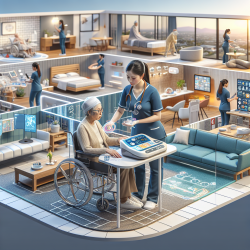In our increasingly multicultural society, the importance of cultural competency in mental health services cannot be overstated. This is particularly true for online therapy services provided to schools, where diverse student populations require culturally sensitive approaches. A recent systematic review titled A systematic review of mental health care workers' constructions about culturally and linguistically diverse people sheds light on how mental health care workers perceive culturally and linguistically diverse (CALD) individuals and the implications for cultural competency and therapeutic alliances.
The review analyzed 38 studies involving 5,870 mental health workers, uncovering several key themes:
- Aetiology of Constructions: Constructions about CALD people are influenced by social, cultural, political, religious, and economic hierarchies that prioritize ethnocentric norms.
- Content of Constructions: Attitudes towards CALD people range from negative stereotypes to positive acknowledgments of their contributions.
- Factors Influencing Constructions: Worker demographics, exposure to CALD individuals, and cultural competency training significantly impact these constructions.
These findings underscore the need for robust cultural competency training, which should include:
- Reflective Practices: Encourage self-awareness and reflection on personal biases and stereotypes.
- Experiential Learning: Provide opportunities for direct engagement with CALD individuals through placements and supervised practice.
- Ongoing Education: Continuous professional development focusing on cultural competency to keep pace with evolving multicultural contexts.
For practitioners in online therapy services, these insights are invaluable. By implementing the recommendations from this review, practitioners can enhance their cultural competency, leading to stronger therapeutic alliances and better outcomes for CALD students. The importance of culturally appropriate interventions and the use of interpreters when necessary cannot be overstated. Additionally, involving family members in the therapeutic process can be particularly beneficial for students from collectivist cultures.
Practitioners are encouraged to engage in further research and professional development to continuously improve their cultural competency skills. The dynamic nature of culture and society necessitates an ongoing commitment to learning and adaptation.
To read the original research paper, please follow this link: A systematic review of mental health care workers' constructions about culturally and linguistically diverse people.




